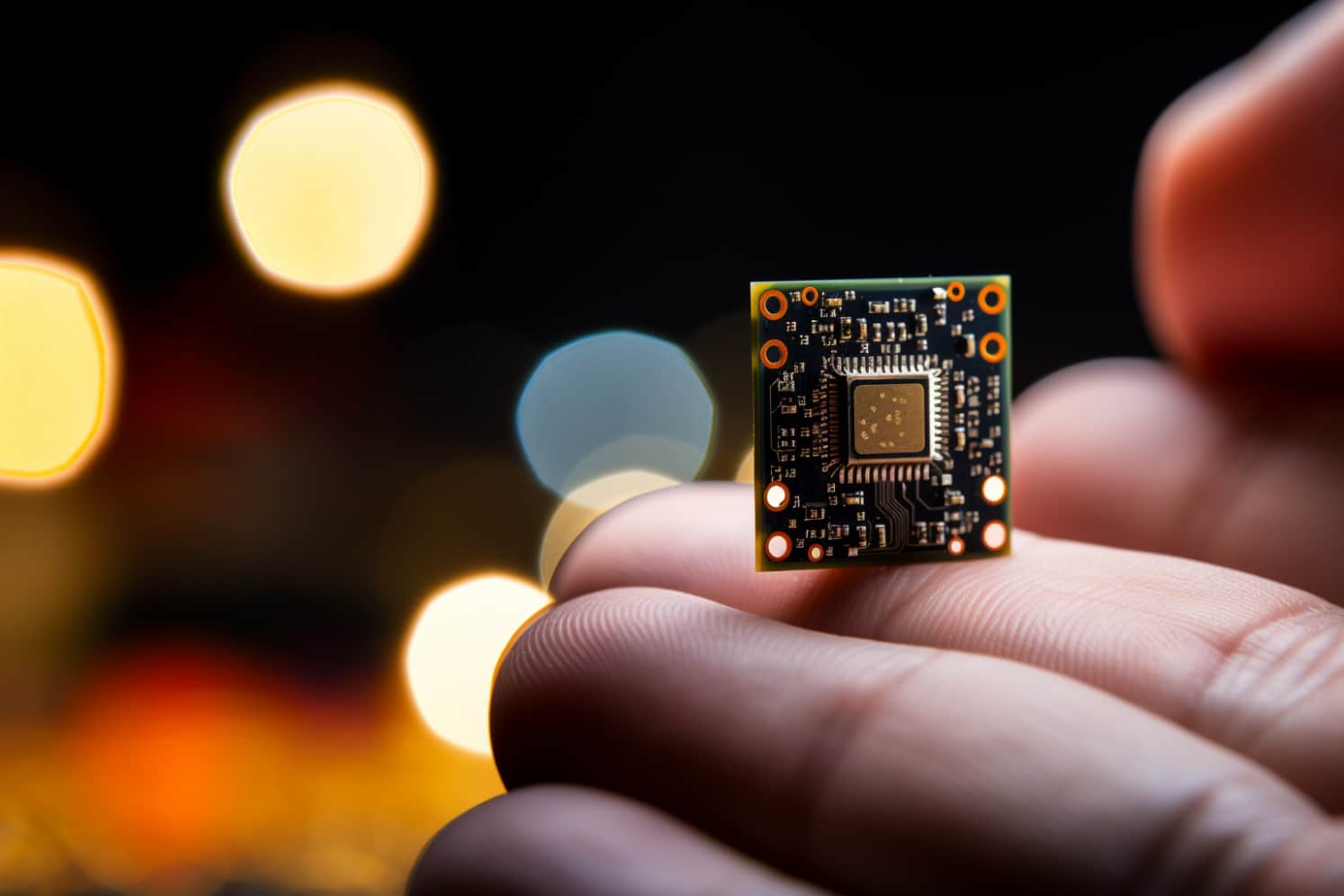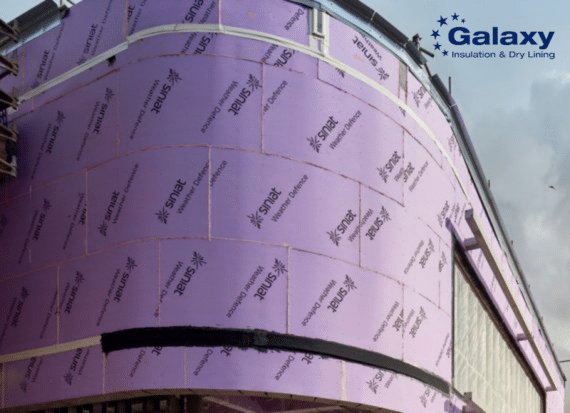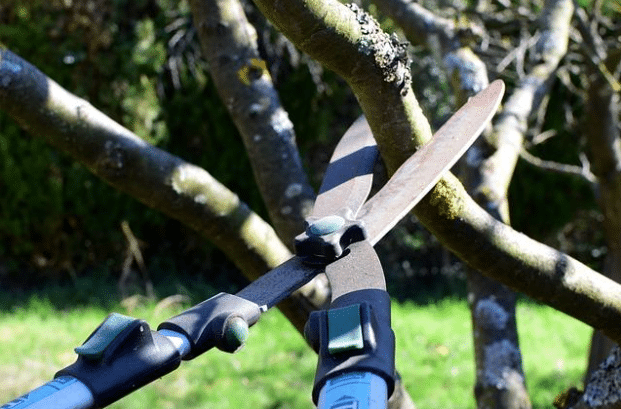Unveiling the Intricacies of Current Transducers: Vital Components in Modern Electronics
In our increasingly electrified world, the role of current transducers is becoming more pivotal. These devices, essential in electrical engineering and electronics, are tasked with measuring and controlling electrical currents.
This blog post aims to demystify current transducers, highlighting their importance, various types, and key factors to consider when integrating a current transducer into your systems.
Introduction to Current Transducers
A current transducer is a device that converts an electrical current into a proportional electrical signal. This conversion is crucial for monitoring and controlling electrical currents in various circuits and systems, from sophisticated industrial machinery to everyday household appliances. Understanding their operation and applications can significantly enhance system efficiency and safety.
Types of Current Transducers: AC and DC
Current transducers are broadly categorised into AC (Alternating Current) and DC (Direct Current) transducers. Each type serves distinct purposes and is suitable for different applications. AC transducers are commonly used in power generation and distribution systems, whereas DC transducers are often found in battery-operated devices and renewable energy systems.
The Critical Role of Current Transducers
- Ensuring Safety: One of the paramount roles of current transducers is to guarantee the safe operation of electrical systems. They are instrumental in identifying overcurrent situations, which could otherwise lead to equipment failure or pose safety risks.
- Enhancing Accuracy: Precision in measuring electrical currents is non-negotiable for the proper functioning of electronic systems. Current transducers provide this accuracy, thus ensuring system reliability.
- Facilitating Control: Particularly in industrial contexts, current transducers are integral to the control and automation of complex machinery, leading to enhanced process efficiency and reduced human intervention.
Selecting the Right Current Transducer
Choosing an appropriate current transducer involves several critical considerations:
- Type of Current: The choice between AC and DC transducers should be based on your system’s specific needs.
- Range and Accuracy: It’s crucial to select a transducer capable of handling your application’s current range with the necessary accuracy.
- Output Signal Type: Transducers vary in output signals (e.g., voltage, current, digital). Matching the transducer’s output to the input requirements of your monitoring or control system is key.
- Environmental Adaptability: Consider the environmental conditions in which the transducer will operate. It should withstand factors like temperature extremes, humidity, and electromagnetic interference.
- Compliance with Standards: Opt for transducers that comply with relevant industry standards and certifications. This compliance ensures not just performance but also safety.
Applications of Current Transducers
Current transducers find applications in a wide range of fields:
- Power Management: Power generation and distribution are crucial for monitoring load and preventing system overloads.
- Automotive Industry: Used in electric vehicles for battery management and monitoring electrical subsystems.
- Renewable Energy Systems: Solar panels and wind turbines help efficiently convert and distribute electrical power.
- Industrial Automation: Transducers are key in automating processes, ensuring precise control over machinery and reducing manual intervention.
Conclusion: The Indispensable Nature of Current Transducers
Current transducers are indispensable components in our technologically driven world. Whether in industrial settings, renewable energy, or everyday electronic devices, the proper selection and application of current transducers are crucial. Understanding their types, functionality, and selection criteria is vital for electronics, electrical engineering, and related professionals. The right transducer can seamlessly maintain the balance between system performance and safety.







